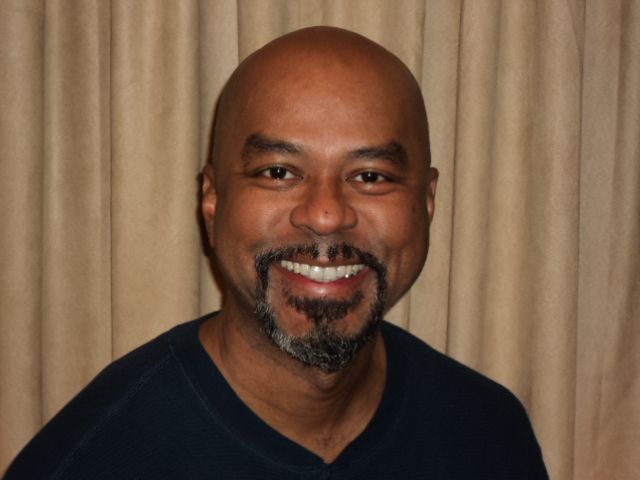WPGM Commentary: I’m Mixed Race, Can I Speak On Black Issues?
We Plug Good Music
2017-02-24
Sophia Thakur

Photo Credit: Nikki Marie
My best friend turned to me, over seven years into our friendship and said “omg, you’re actually half black”. You would think that after seven years of putting up with my face, she would have realised this sooner. I wasn’t surprised however.
With both of my parents spending their early years adventuring the plains of West Africa (Gambia and Sierra Leone), my whole life has been a testament to Gambian culture. From the weekly family parties growing up, to the food and music that have become my most dominant discourse over the years and to anyone who blindly spends time with me; I am an entirely Gambian child. A small country, Kora loving, Benachin eating lady of the west. This is how I saw myself.
This overwhelming, unspoken of, sense of belonging had always felt like one of the biggest contributors to my creative work from the ages of 16-19. I’d spend months at a time writing and performing across the country at black history month events, black lives matter events and even the occasional pan-African event.
Throughout this part of my youth, I had never stopped to smell the roses. The roses, in this case, being an obvious reality to the untrained eye. I am not actually 100% Gambian, or black for that matter.
In a Love Jones type bar, during the winter of 2014, I found myself sharing a stage with a painter who’s role was to illustrate my words, live. Not only was this a cool spin on conventional poetry readings, but I was ecstatic about performing my new poem ‘Kermit’.
This excitement quickly turned into anxiety following my set…
Read the entire article here.


